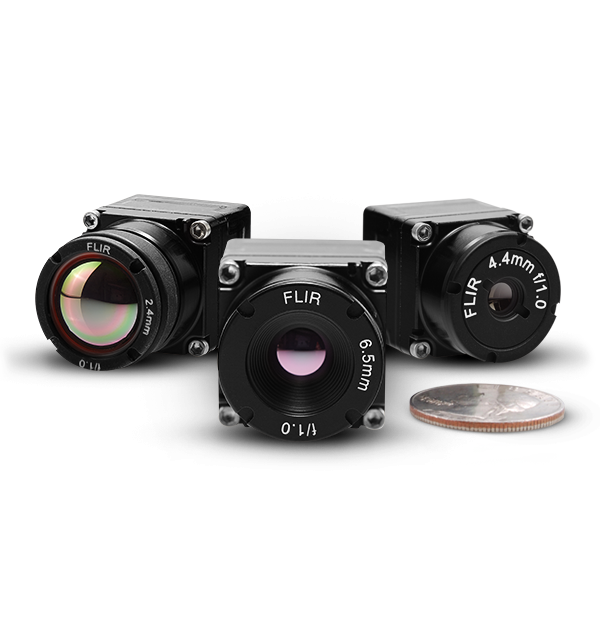How are you getting on with generating version 2 CRD SLR data files?
At Herstmonceux, we are about to start submitting our data in CRDv2 format. I wrote a Python script to generate the files following a similar method to how we write the CRDv1 files in FORTRAN.
It wasn't too much trouble and i think it is all correct now. If you have not looked at doing this yet, there are changes to be aware of in some of the fields and there are also additional fields:
- H5 Prediction Header
- C5 Software Configuration
- C6 Meteorological Instrumentation Configuration
- C7 Calibration Target Configuration *new*
- 41 Calibration Detail Record
- 42 Calibration "Shot" Record *new*
One
major change is the recording of the calibration records. In the v2 version only one '40' record should be included with additional calibrations recorded as '41'. The epoch of the '40' record should be the at the middle of the pass segment and the calibration value determined from pre and post measurements.
See the latest CRDv2 document from the ILRS website:
https://ilrs.cddis.eosdis.nasa.gov/data_and_products/formats/crd.htmlIt was clear to me in doing this that more data can be included in the CRD files than we are providing at Herstmonceux. In time, i will look at including the '30' records for Pointing angles.
We also don't collect the information requested in the '21' Meteorological Supplement Record. Is anyone collecting this information?:
- Wind speed (m/s)
- Wind direction (degrees azimuth, North is zero)
- Weather conditions (two-digit SYNOP/WMO “present weather” code, or “rain”, “snow”, “fog”, “mist”, “clear”, “na”, etc.)
- Visibility (km)
- Sky clarity (i.e., zenith extinction coefficient)
- Atmospheric seeing (arcsec)
- Cloud cover (%)
- Sky temperature in degrees Kelvin
We do however collect visibility values and so i will look in to including this in the future. Is there an instrument that anyone is using that reliably provides the rest of this information?
Please share your experience in providing CRDv2 below. Any questions or advice welcome
Thanks

 Recent Posts
Recent Posts